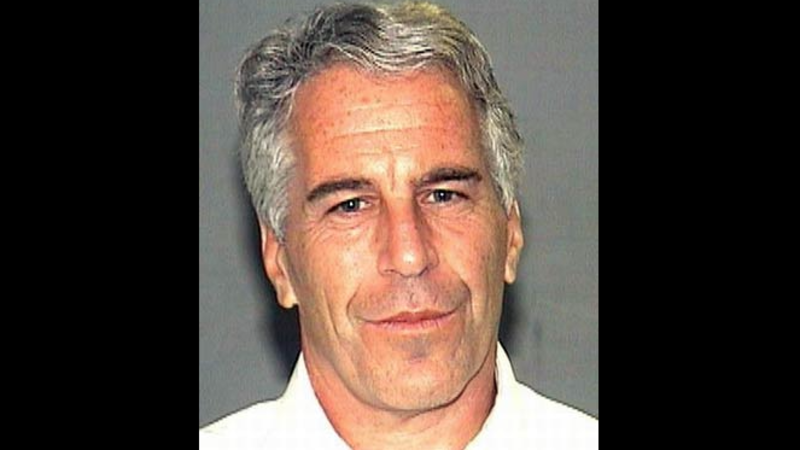On August 11th, a federal judge made a decision that reveals far more about the architecture of American justice—and human nature itself—than most people will recognize. Judge Paul
Engelmayer denied the Trump administration's request to unseal Jeffrey Epstein grand jury materials, but the real story here isn't legal precedent. It's about the psychology of secrecy, the illusion of transparency, and what happens when a society desperately wants to believe it can handle the truth.
Let me be crystal clear: This isn't really about Epstein anymore. Epstein is dead. This is about us—about our collective need to feel that justice exists, that powerful predators can't simply vanish into the ether with their secrets intact.
The judge wrote a 31-page decision explaining why releasing these materials would "bloat the 'special circumstances' doctrine." But here's what he's really saying: The system protects itself first, truth second. Grand jury secrecy isn't just a legal principle—it's a psychological defense mechanism for institutions that know they can't survive complete transparency.
President Trump's July request to the DOJ wasn't just political theater, though his critics will paint it that way. It was a recognition of something deeper: the American public's desperate hunger to understand how monsters like Epstein operated in plain sight for decades. We don't just want justice—we want to understand how we were all fooled.
The DOJ claimed "abundant public interest" in these records. Of course there is. When a man who allegedly trafficked minors to the powerful elite commits suicide in federal custody, every thinking person demands answers. But Judge Engelmayer's review revealed something psychologically devastating: there's nothing new to learn. The grand juries heard no witness testimony, no dramatic revelations. Just a law enforcement agent presenting evidence we already know.
This is the cruelest psychological twist of all. We've been told for years that somewhere, in some sealed file, lies the smoking gun that will explain everything. The names, the details, the full scope of corruption. But what if there is no smoking gun? What if the banality of evil means that even the most shocking crimes leave disappointingly mundane paper trails?
Ghislaine Maxwell opposed the release, naturally. Victims supported it, understandably seeking any path toward comprehensive truth. But the judge's ruling suggests something more unsettling: that our justice system processed one of the most notorious criminal enterprises of our time through routine bureaucratic channels, generating no earth-shattering revelations in the process.
The Florida judge who earlier denied a similar request cited court precedent. Translation: The system will protect its procedures even when those procedures failed spectacularly to prevent years of alleged abuse.
Here's the psychological reality we must confront: Sometimes there is no grand conspiracy to hide explosive truths. Sometimes the conspiracy is simpler and more disturbing—a conspiracy of willful blindness, institutional inertia, and the human capacity to look away from uncomfortable realities until it's too late.
The Epstein case forces us to examine not just what powerful people did, but what we, as a society, chose not to see. And that's a truth no unsealed document can fully reveal.


